‘Indian Army to open Kargil, Galwan battlefields for border tourism’: COAS
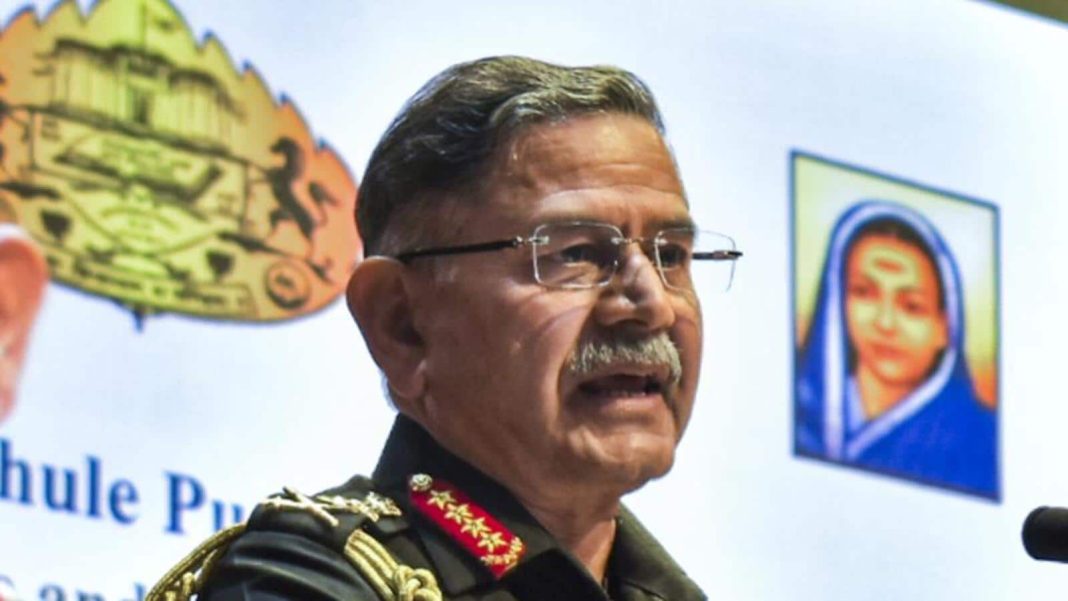
In a significant address at Savitribai Phule Pune University, Chief of the Army Staff (COAS) General Upendra Dwivedi outlined the transformative journey of Jammu and Kashmir, asserting that the Indian Army has successfully shifted the narrative from terrorism to tourism. Speaking at the General BC Joshi Memorial Lecture 2024, General Dwivedi emphasized the critical role of the military in integrating various princely states, including Hyderabad and Goa, into the nation.
The army chief elaborated on ongoing initiatives to promote tourism in regions historically known for conflict, such as Kargil and Galwan. He revealed plans to open these battlefields to tourists, allowing them to gain first-hand insight into the sacrifices made by soldiers. The Army’s Adventure wing is facilitating these efforts by providing necessary security clearances and coordinating adventure trips, having already sanctioned around 42 excursions in recent years.
During his talk, titled “Role and Contribution of Indian Army in Securing India’s Growth Story,” General Dwivedi highlighted the army’s contributions beyond defense, noting its integral role in national development, security, and strategic growth. He expressed optimism about the potential of tourism to transform border areas, noting an exponential rise in interest and the identification of 48 areas for tourism development. He asserted that targeted initiatives could potentially double visitor numbers in the next five years, contributing to both economic growth and local community empowerment.
The army chief discussed the implementation of eight major projects aimed at enhancing tourism, including treks in the Trans-Himalayan region and to the Siachen Glacier. He pointed out the importance of providing support to local organizers and tourist operators while training residents in mountaineering and related activities.
General Dwivedi underlined that infrastructure development is foundational to sustainable growth, encompassing vital sectors such as transportation, power, telecommunications, agriculture, and healthcare. He framed security not as a hindrance but as a facilitator of sustainable progress, stating that the Indian Army is committed to securing a “Progressive” and “Peaceful” India by the year 2047.
The COAS also reflected on the legacy of General BC Joshi, acknowledging his profound influence on military leadership and strategy. He expressed admiration for General Joshi’s vision for defense and his commitment to being a role model within the military.
Finally, General Dwivedi spoke about the Indian Army’s role in enhancing India’s global strategic presence, highlighting participation in United Nations peacekeeping missions and the expansion of defense diplomacy through international defense wings. These initiatives illustrate the army’s dedication not only to national defense but also to contributing positively to global stability and growth.


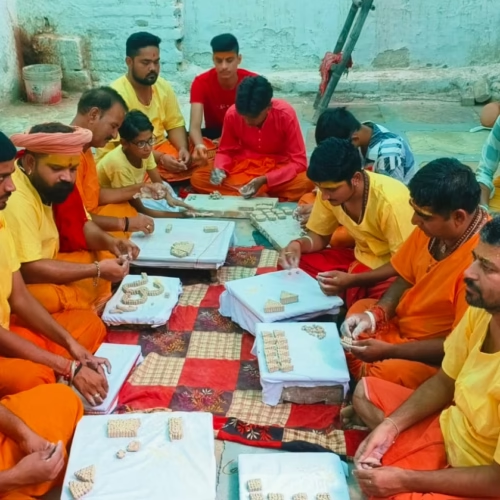
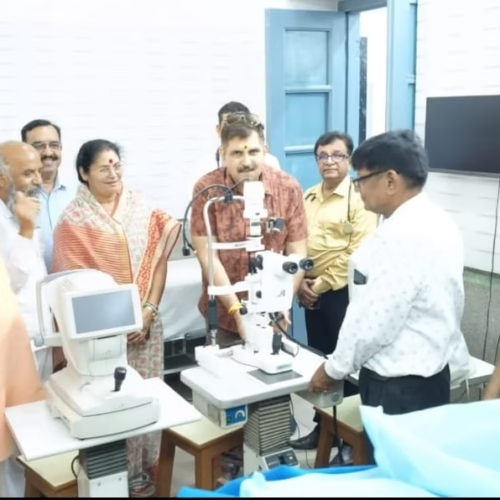
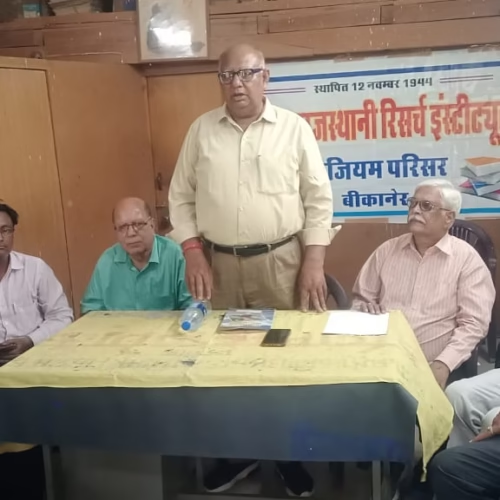
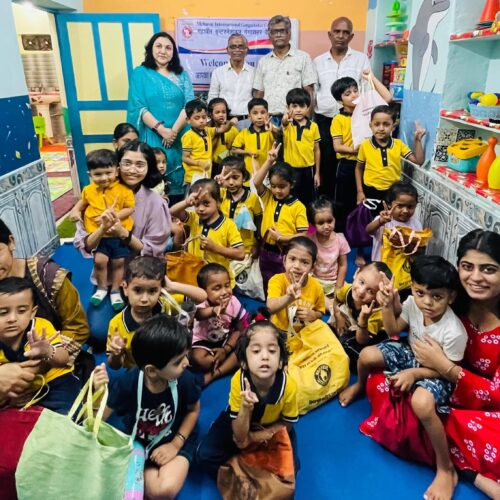
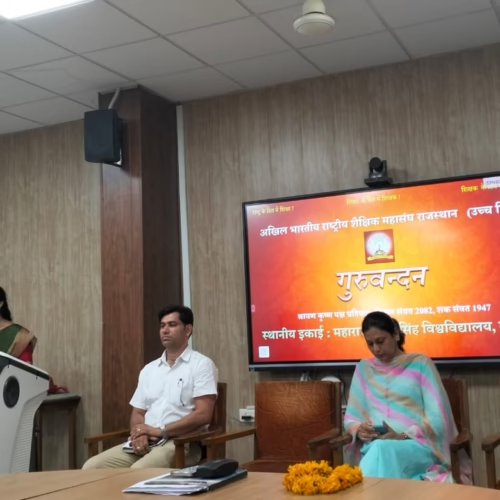
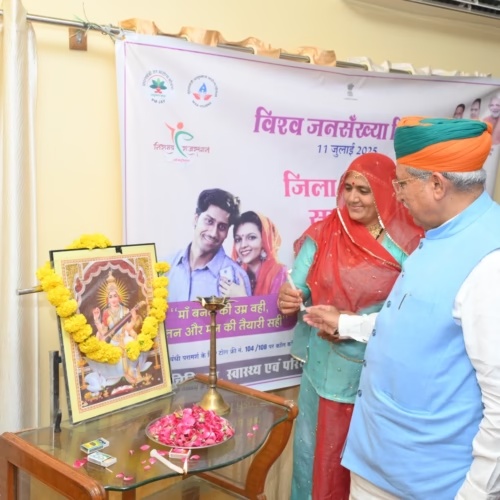
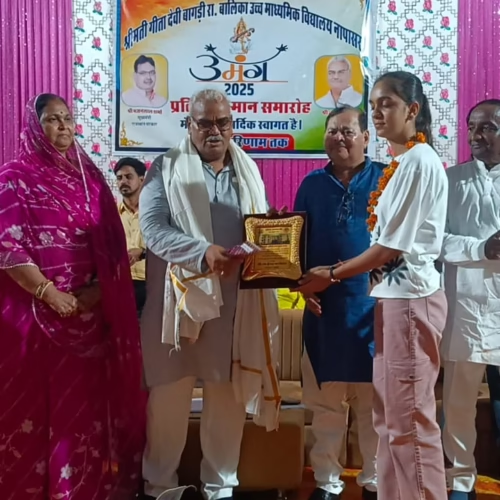
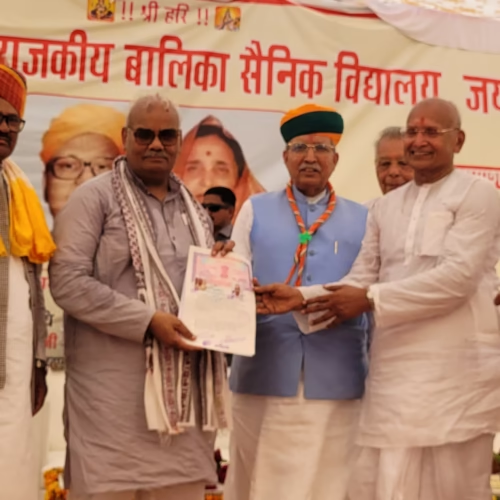
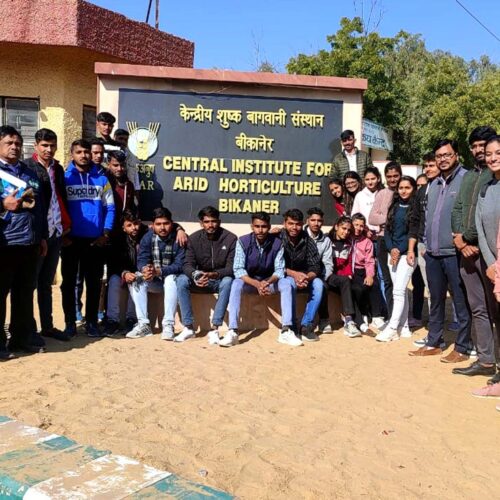

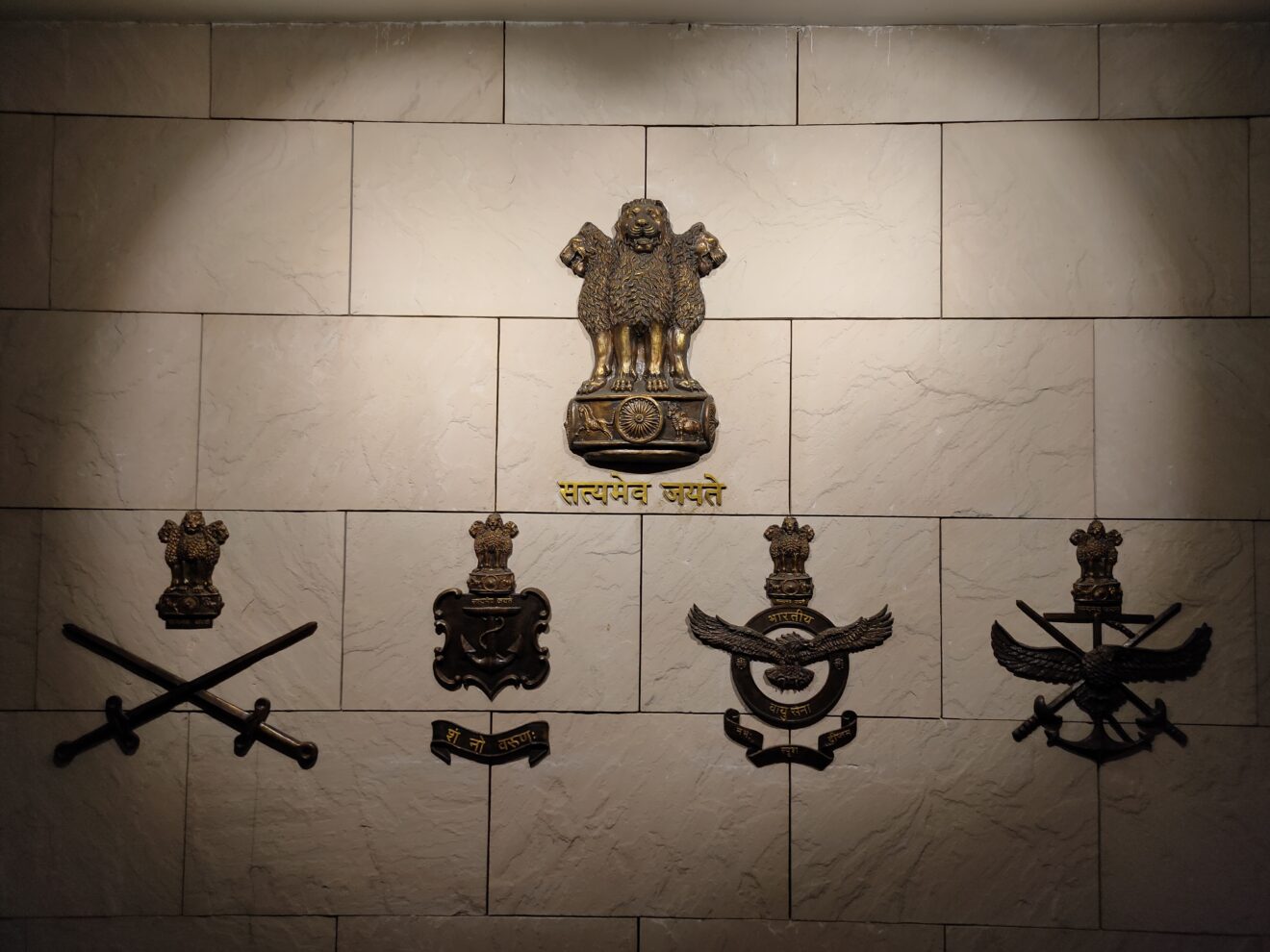




Add Comment